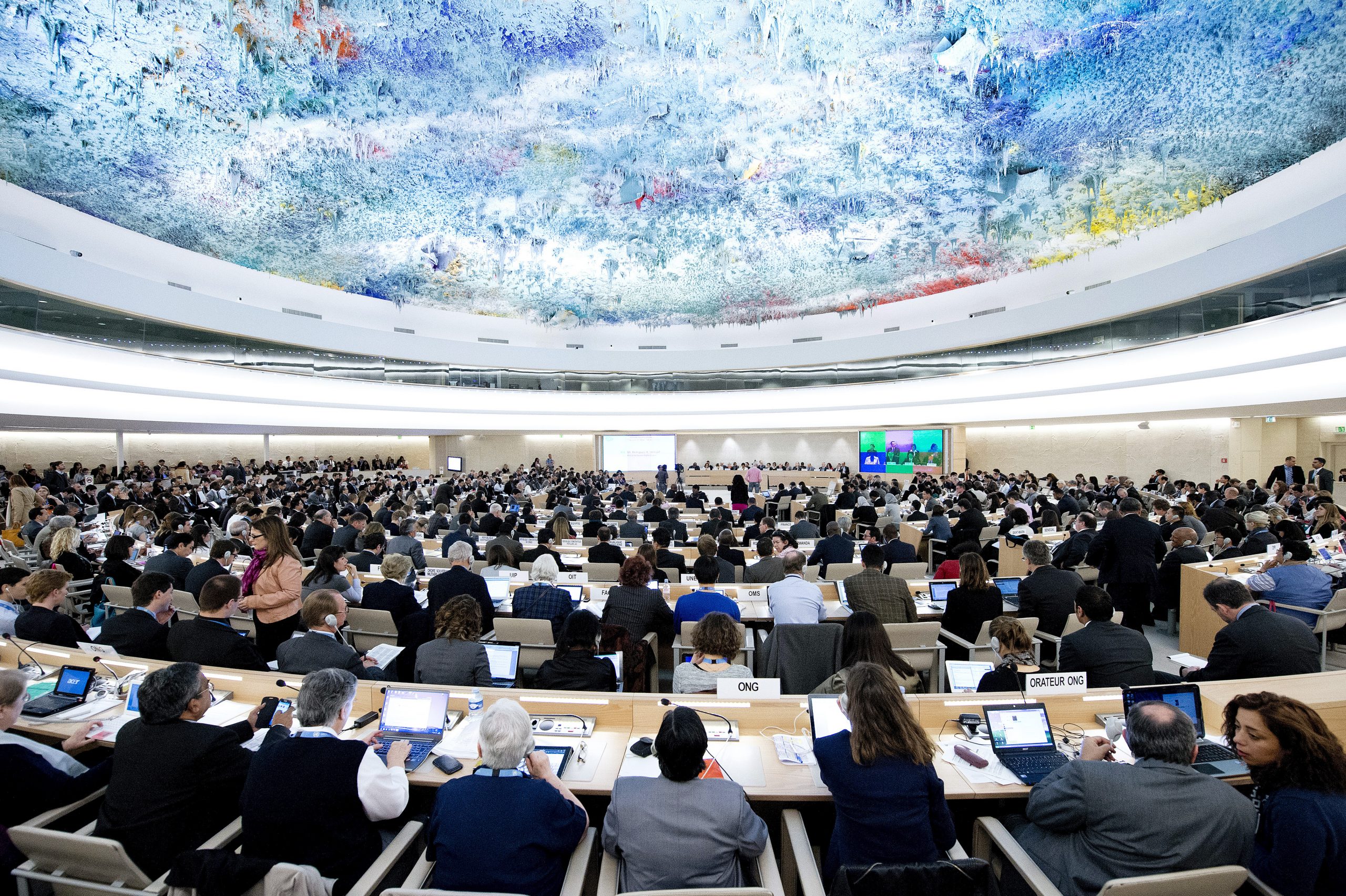In a world where displacement due to conflict and crises is an ever-growing challenge, innovative partnerships between public institutions and private entities are becoming increasingly crucial in addressing humanitarian needs. One such partnership, between the United Nations High Commission for Refugees (UNHCR) and the Benue Investment and Property Company (BIPC) in Nigeria, stands out as a model of how the private sector can effectively support and enhance humanitarian efforts.
A Model for Public-Private Collaboration
The collaboration between UNHCR and BIPC is focused on promoting livelihood inclusion for refugees and internally displaced persons (IDPs) in Nigeria, particularly in Benue State. This partnership exemplifies the potential of public-private partnerships (PPPs) in creating sustainable solutions to some of the most pressing humanitarian challenges of our time. By leveraging the strengths of both the UNHCR’s global experience in refugee management and BIPC’s local knowledge and resources, this initiative is making tangible differences in the lives of those affected by displacement.
In many regions, including Benue State, refugees and IDPs often struggle to integrate into the local economy, lacking access to employment opportunities, education, and essential services. The partnership aims to address these issues by providing sustainable livelihood options, skills training, and micro-employment opportunities. Such initiatives not only help displaced individuals to rebuild their lives with dignity but also contribute to the local economy by integrating them into the community as active participants.
Private Sector’s Role in Humanitarian Efforts
The involvement of BIPC, a private sector entity, is particularly noteworthy as it highlights the critical role that businesses can play in supporting humanitarian objectives. Traditionally, humanitarian aid has been viewed as the domain of international organisations and governments. However, the increasing involvement of private companies like BIPC signals a shift towards more collaborative and diversified approaches to solving complex global issues.
BIPC’s commitment to this partnership is an example of corporate social responsibility in action. By investing in the economic empowerment of refugees and IDPs, BIPC is not only fulfilling a moral obligation but also contributing to the stability and development of the region. This approach aligns with the broader global movement towards more sustainable and socially responsible business practices.
The Impact of Livelihood Inclusion
Livelihood inclusion is a critical component of long-term humanitarian support. By focusing on skills training and employment, the UNHCR-BIPC partnership is addressing the root causes of poverty and dependence among displaced populations. This, in turn, reduces the burden on host communities and promotes social cohesion.
For instance, in Benue State, where this partnership is being implemented, refugees from neighbouring Cameroon and internally displaced Nigerians are receiving training in various trades and crafts. These skills enable them to start small businesses, gain employment, and ultimately become self-reliant. The initiative also provides micro-financing options, giving beneficiaries the capital needed to kickstart their entrepreneurial ventures.
A Broader Implication for Global Partnerships
The success of the UNHCR-BIPC partnership serves as an inspiration for other private sector entities to engage in similar initiatives. It demonstrates that businesses, regardless of their size, can play a significant role in humanitarian efforts. Moreover, it highlights the importance of localising aid—working with entities that understand the specific needs and dynamics of the community.
This partnership is a testament to the power of collaboration in addressing global challenges. It underscores the need for continued innovation and cooperation between the public and private sectors to develop sustainable solutions that uplift the most vulnerable populations.
Paving the Way for Future Collaborations
As the world continues to grapple with displacement crises, the partnership between UNHCR and BIPC offers a hopeful example of how private sector involvement can enhance humanitarian efforts. By focusing on livelihood inclusion, this collaboration is not only providing immediate relief but also laying the foundation for long-term resilience and economic stability.
The success of this initiative could pave the way for more private sector entities to step forward, recognising that supporting humanitarian causes is not just a charitable endeavour but a strategic investment in global stability and development. As we move forward, such partnerships will undoubtedly become a cornerstone of effective humanitarian aid and economic development efforts worldwide.








Recent Comments